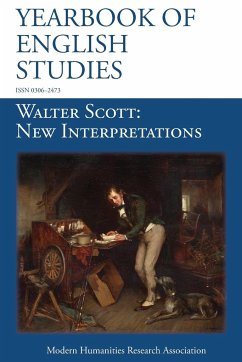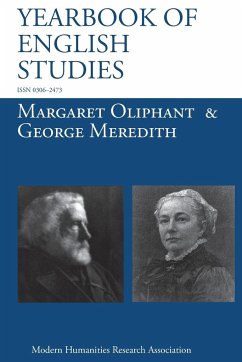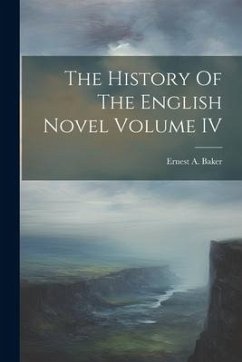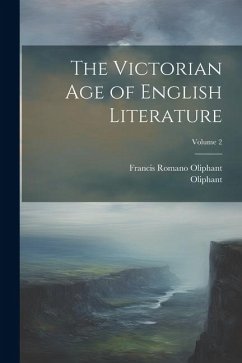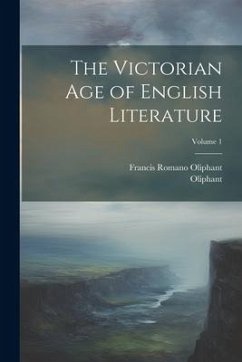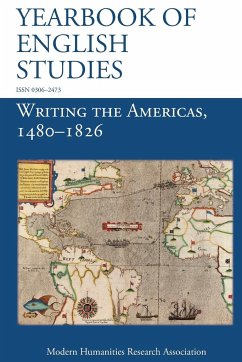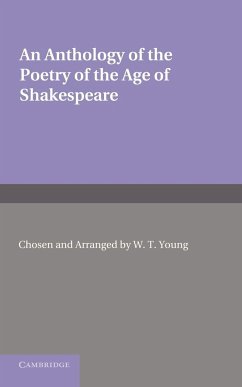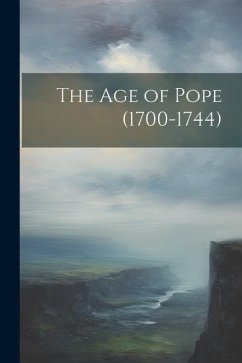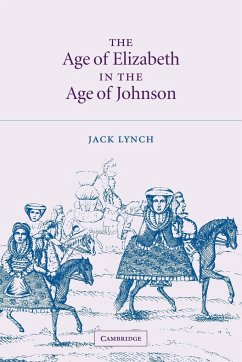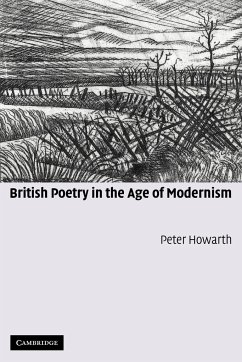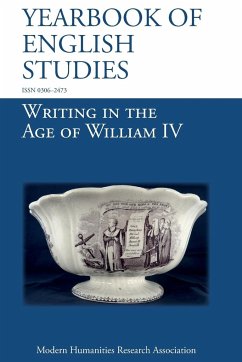
Writing in the Age of William IV (Yearbook of English Studies (48) 2018)
Versandkostenfrei!
Versandfertig in 1-2 Wochen
168,99 €
inkl. MwSt.

PAYBACK Punkte
84 °P sammeln!
This volume explores the literary, cultural, social and political climate in Britain during the reign of William IV (1830–37). Rarely discussed by scholars searching to define the ‘Romantic’ period, and overshadowed by Queen Victoria, William IV’s reign signifies an important moment within the long nineteenth century, one whose literary output is marked by experimentation and generic instability. Rather than simply blurring the boundaries between the Romantic and Victorian periods, this diverse collection of essays demonstrates how the spirit of reform, creative experimentation, and an...
This volume explores the literary, cultural, social and political climate in Britain during the reign of William IV (1830–37). Rarely discussed by scholars searching to define the ‘Romantic’ period, and overshadowed by Queen Victoria, William IV’s reign signifies an important moment within the long nineteenth century, one whose literary output is marked by experimentation and generic instability. Rather than simply blurring the boundaries between the Romantic and Victorian periods, this diverse collection of essays demonstrates how the spirit of reform, creative experimentation, and an increasingly politically active middle-class readership produced a peculiar literary and material culture of its own. Responding to a wide range of print culture, including periodicals, albums, graphic satires, novels, poetry, travel writing and guidebooks, by canonical and non-canonical authors, such as Catherine Gore, James Hogg, John Ruskin, Mariana Starke, Thomas Hosmer Shepherd and Thomas Pringle, the essays in this volume map a complex network of conversation, personal and national identities, radical and conservative ideologies, and contested domestic and public spaces, both in Britain and abroad. By addressing various aspects of this remarkable period’s material culture and aesthetic innovations, the essays in this collection complicate our contemporary understanding of the long nineteenth century in Britain and open up new spaces for discussion.



